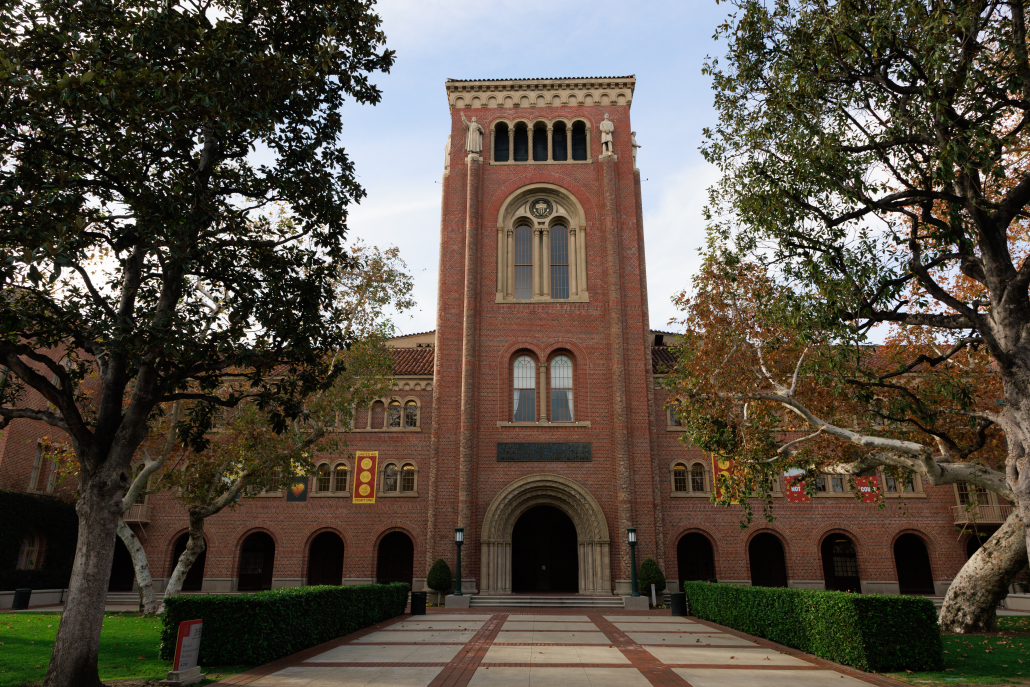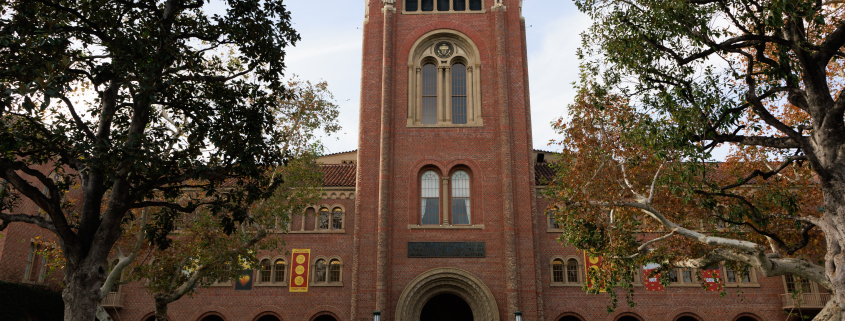Former USC water polo coach’s fraud and bribery convictions set aside

Former USC water polo coach Jovan Vavic, who was found guilty of fraud and bribery charges by the Massachusetts District Court in April, had his conviction overturned by a federal judge Friday.
Federal Judge Rya W. Zobel found Vavic guilty of accepting bribes from parents to ensure their children admission to USC under the guise of them being athletic recruits. Vavic’s attorneys insisted he never accepted bribes and was only raising money for the school through wealthy donors.
Federal Judge Indira Talwani determined Friday that the prosecution made a false statement during closing arguments when attempting to prove that the bribes served Vavic’s interests and harmed the University.
“When [Vavic] was taking money to the water polo team, … he was acting contrary to the University’s interests … He was acting for his team and his interests,” government attorneys Leslie Wright, Stephen Frank and Ian Stearns said during trial. “He didn’t want [the money] to go to the University … He actually complains about the fact that somebody gave money to the University and not to his team.”
These closing statements implied to the jury that Vavic used the money he was bribed with for his own personal interests, which impacted the jury’s final decision. However, Talwani found these statements to be false, as the bribes went to the USC water polo team under the guise of donations, not to Vavic specifically.
There was no evidence of Vavic using the water polo team’s funds for his own benefit, and the prosecution conceded that the funds were not misused by Vavic. Talwani therefore found that the prosecution did not have the right to argue that Vavic benefited from these donations.
According to Talwani, USC sent out thank-you notes to the families who had donated money, unaware that the payments were accepted in exchange for student admission, and made no attempt to return the money after the reasons for the donations were revealed. This, coupled with the fact that there is nothing inherently illegal about a private institution accepting money in exchange for a student’s admission, made it so the prosecution could not argue that USC was harmed by Vavic’s actions.
While Talwani concedes that Vavic may have received a career boost by bringing in so much money and that USC’s reputation was damaged when news of these bribes was revealed, neither of these claims create a strong enough basis for a fraud conviction.
As a result of the inaccurate statement from the prosecution, the jury may have found Vavic guilty based on false evidence, which warranted a new trial.
In an emailed statement to the Daily Trojan, the University wrote that “while the ruling does not accurately describe USC’s admissions process, we are not a party to this case and do not wish to interfere with the pending court proceedings.”

